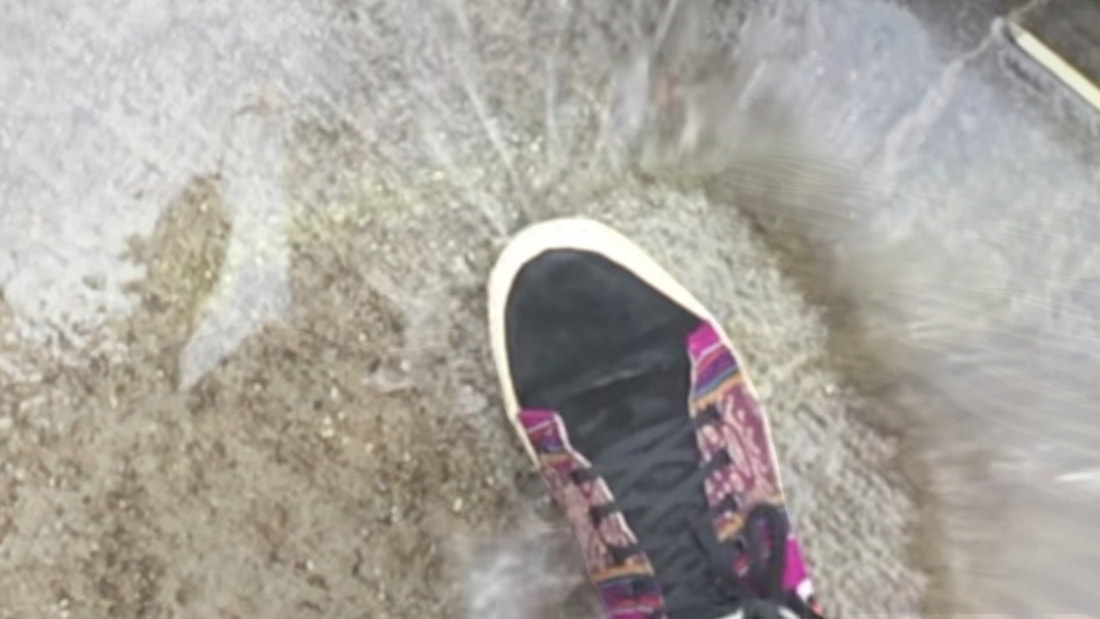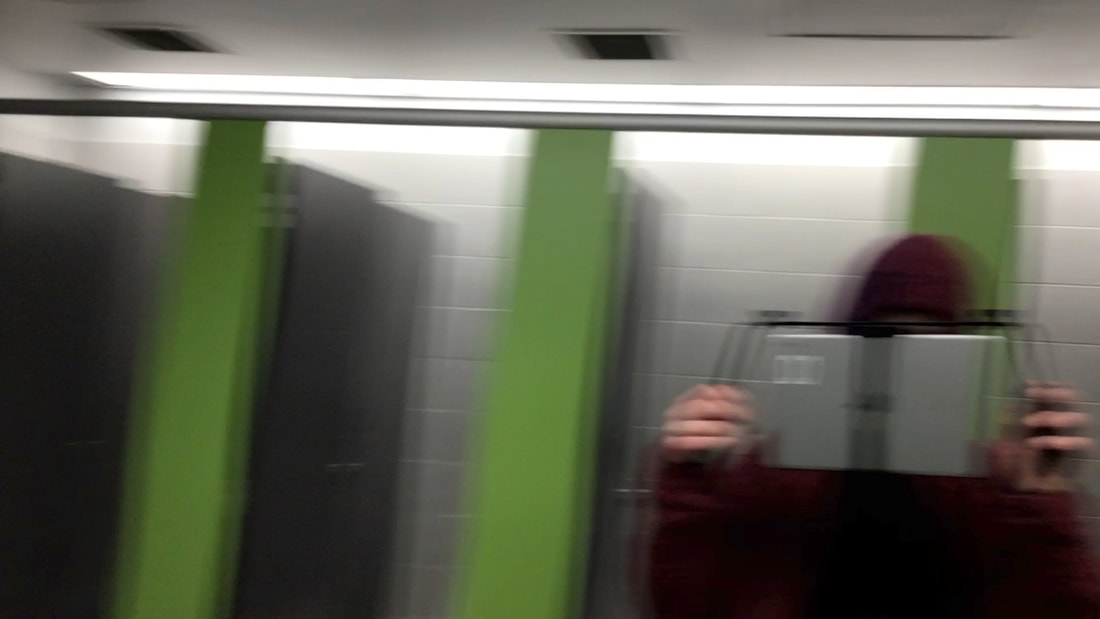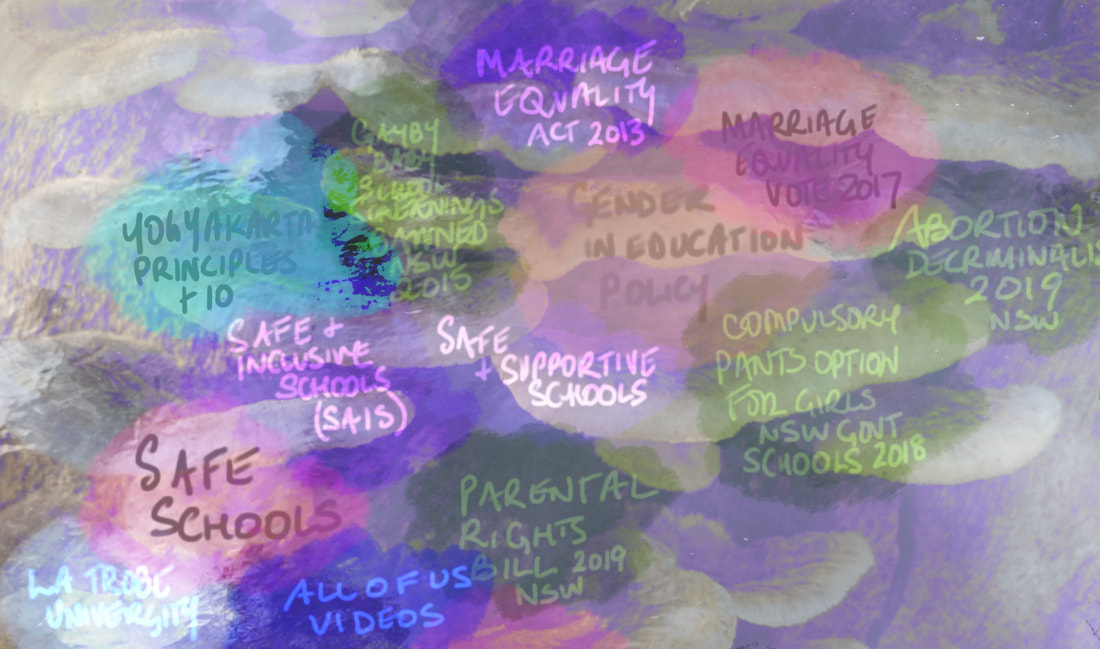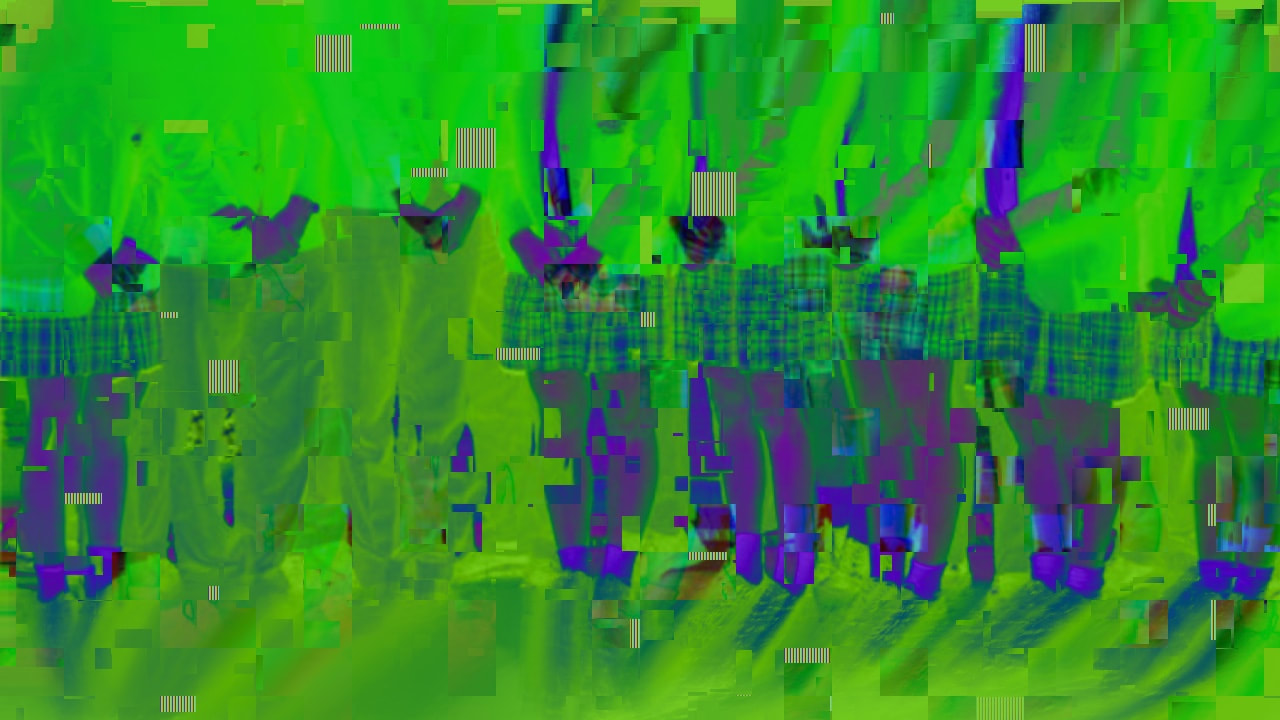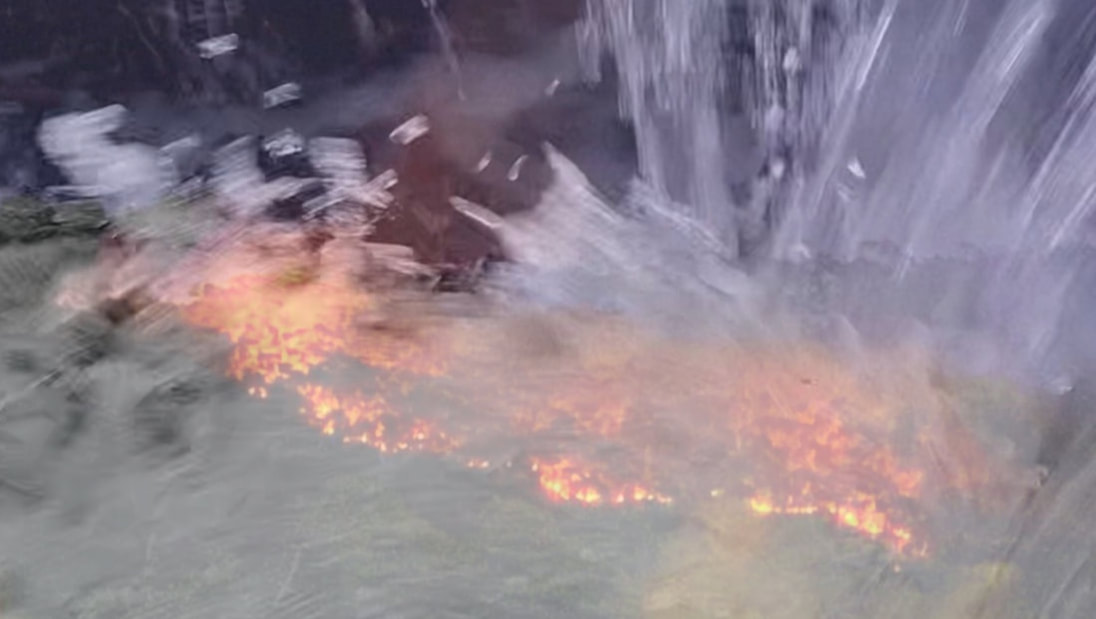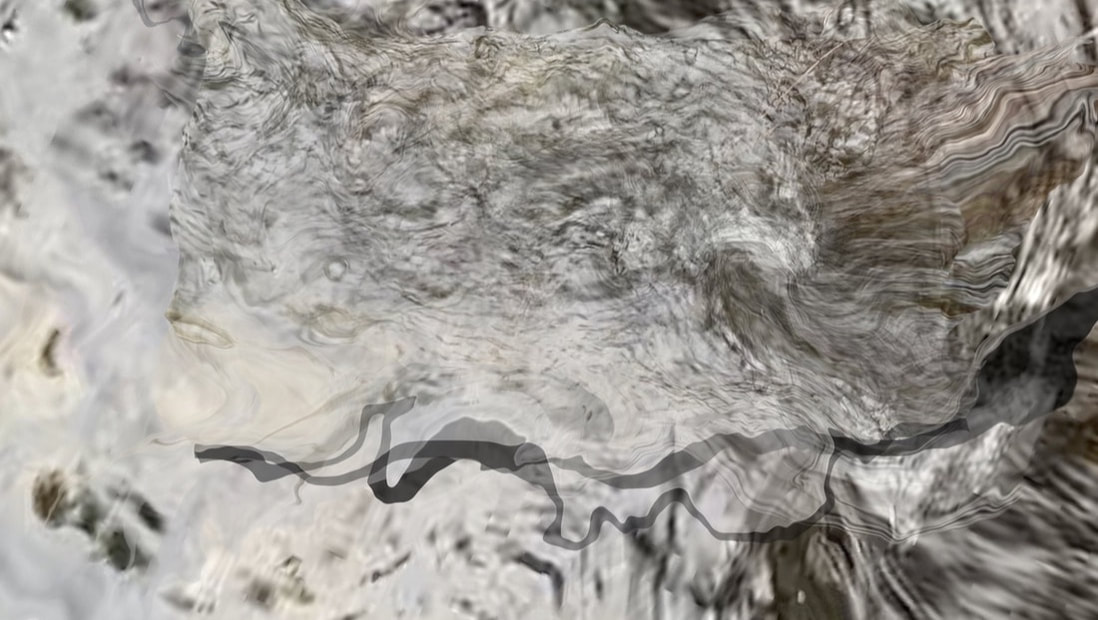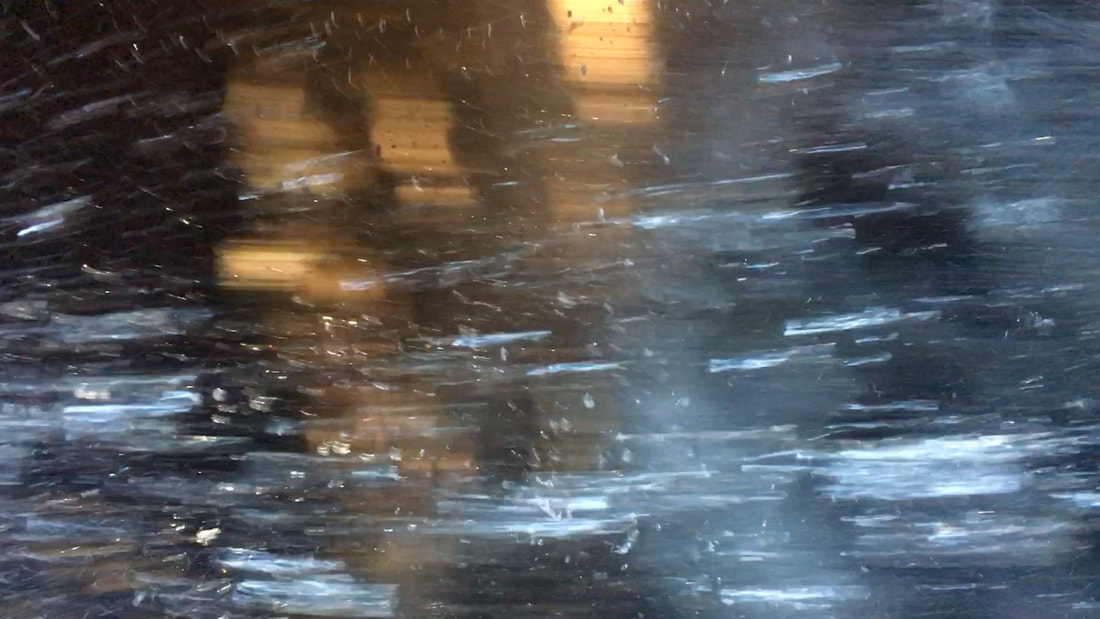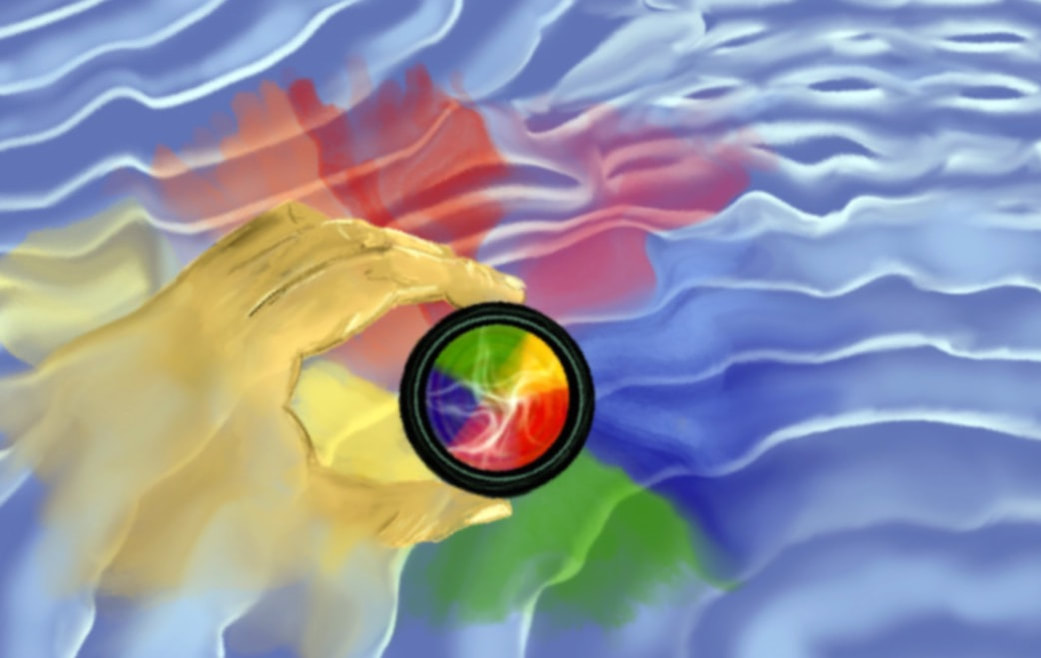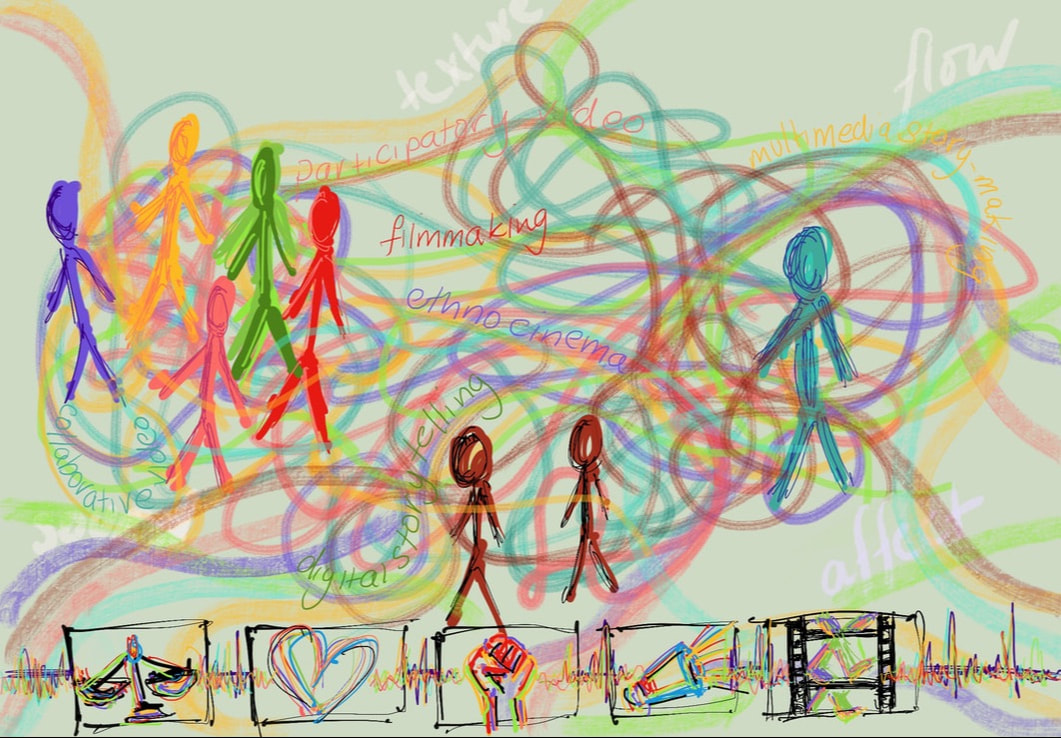|
If affective filmmaking as method can open feeling to thought through making, what questions does it make possible? What is its potential for future research? In this post I riff on this question, thinking with ‘what if’.
0 Comments
My research develops affective filmmaking as a method of inquiry that supports young people to explore everyday understandings and experiences of gender in secondary school*. Affective filmmaking is designed to give expression to young people’s felt experience and tacit knowledge in an emergent process of thinking through making.
They* begin searching for gender in the Australian Capital Territory (ACT) and New South Wales (NSW) education policy libraries. They are surprised and not surprised by what they find, or don’t find: in NSW gender is only cursorily mentioned, an absence or erasure of gender; in the ACT, an embedded presence.
While bodies are identified as being gendered and named according to binary notions–these processes effectively re/establish a regime of truth.
Out of the bushfires into the pandemic…. the last eighteen months of my PhD study has been shaped by extreme weather and health events at both a macro and micro scale.
Academic inquiry generally has a serious purpose, but can it also be playful? In my experience, the doing of PhD research through reading, thinking and writing is far more generative when I inhabit an attitude of play. This doesn’t mean that the work is not serious or purposeful, but rather that my purpose expands to allow for ‘wander lines’ of unplanned trajectory, to respond to the magnetic spark of a word or tangential idea and follow the threads that emerge from it (Manning, 2020, p. 2). To inhabit this mode, I need to allow myself time and space to follow random paths that may or may not lead to an outcome, and to take pleasure in the process of an unknown journey. This requires setting aside deadlines and deliverables, rather than purpose, and getting comfortable with not knowing. I’m going to riff on that idea in this post.
I find the prospect of presenting my research to an academic audience daunting. Imposter syndrome looms large. It entices me to use complex ‘academic’ language and ideas to meet some nebulous scholarly standard I hold in my head. Ironically, it can have the reverse effect. Unless the audience shares your specialist knowledge, academic language can bewilder and disengage rather than communicate ideas clearly.
Chris Fleming[1] makes the point that if you can’t explain your work accessibly to a range of audiences, then the chances are you don’t understand it yourself. I know this to be true from my own experience. His solution is to practice writing in different genres and talk about your work to diverse audiences. Through regular practice, not only do you sharpen your own understandings, but your work has the potential to connect with people outside the academy, which could in turn lead to real world impacts. What does an ethical approach to stakeholder engagement and knowledge translation look like?
Stakeholder engagement is often spoken of as a conduit to knowledge translation. In this framing, knowledge translation feels like a one-way transaction from researcher to community for the benefit of researchers and their institutions rather than a collaboration. Working with a feminist new materialist framing[1], I’m interested in how to create a more response-able relationship with stakeholders. Here I’m thinking with Barad’s concept of response-ability that is open to the micro political “possibilities of mutual response, which is not to deny but attend to power imbalances”[2]. Embarking on a PhD is an opportunity to dive into the unknown; for me this has been both exhilarating and terrifying. I have relished time to immerse myself in reading and thinking, even as the enormity of the challenge has seeped and threatened to derail my focus – there is so much I don’t know and so little time! My supervisor suggested writing a research blog as a way to develop my writing and document my thinking process. While I loved this idea in theory, I was less keen on the necessary public exposure of my nascent thinking. Then, without pause, I signed up for a graduate certificate[2] in which writing an online research blog is a mandatory requirement. I responded to the challenge gingerly, dipping my toes into the shallows to write and publish the required first two blog posts, while secretly hoping that no-one would ever read them.
Reading theory, thinking, questioning and writing is challenging intellectual work. Capturing and articulating thoughts in words as they emerge is a delicate process: committed too soon they may break the flow of ideas, and too late allow vital threads to be lost. For me self-censorship too – even as I actively work against it – frequently trickles in uninvited to derail my writing process. One day when I was feeling particularly despondent about a month into my PhD candidature I decided to take a break from writing on my computer to doodle my thoughts with a bold black pen in a small visual art book.
|
BlogMy thinking about filmmaking as an affective, emergent mode of inquiry to explore experiences of gender in secondary school with young people through my doctoral research. Archives
December 2022
Categories
All
|
